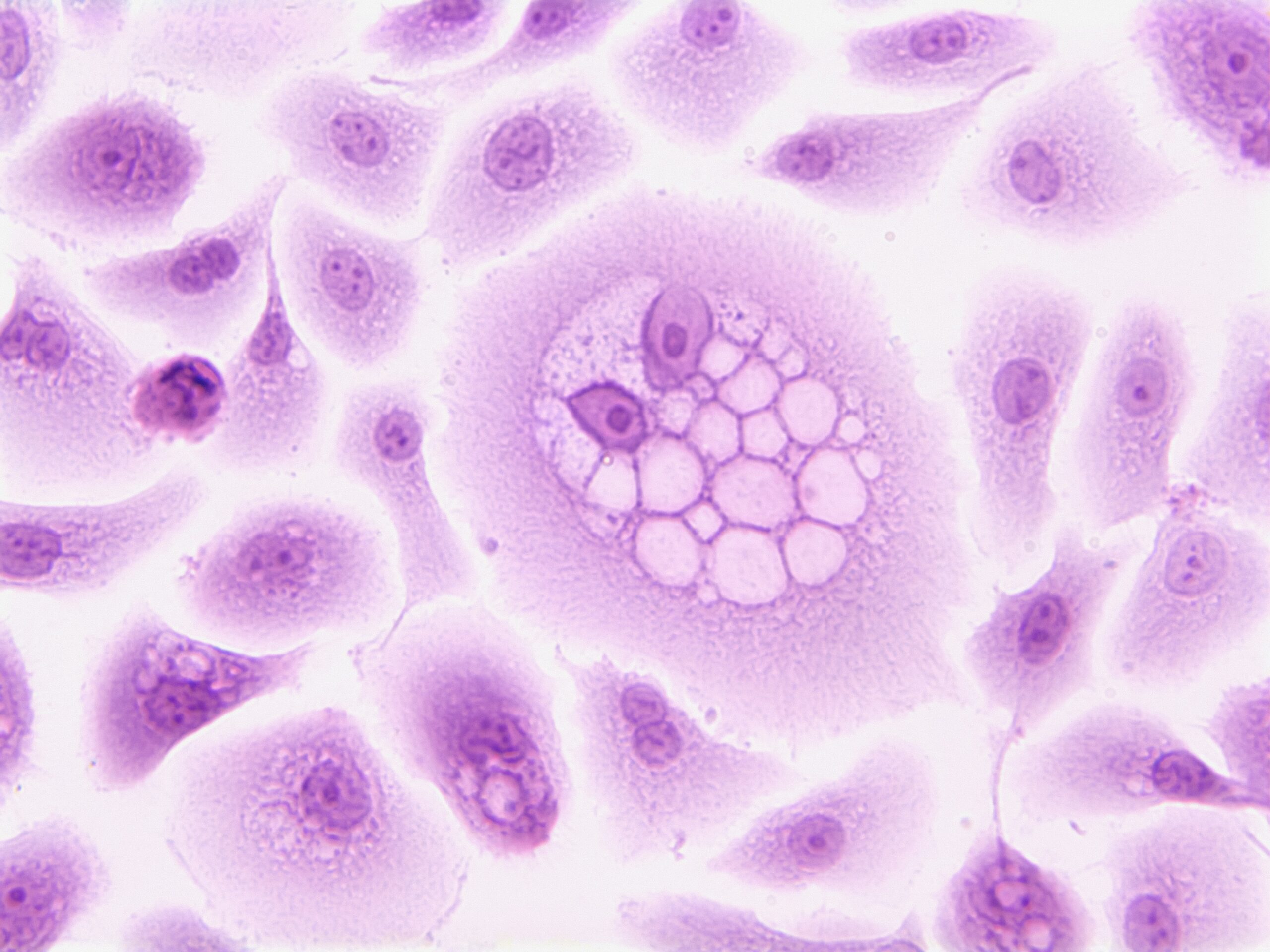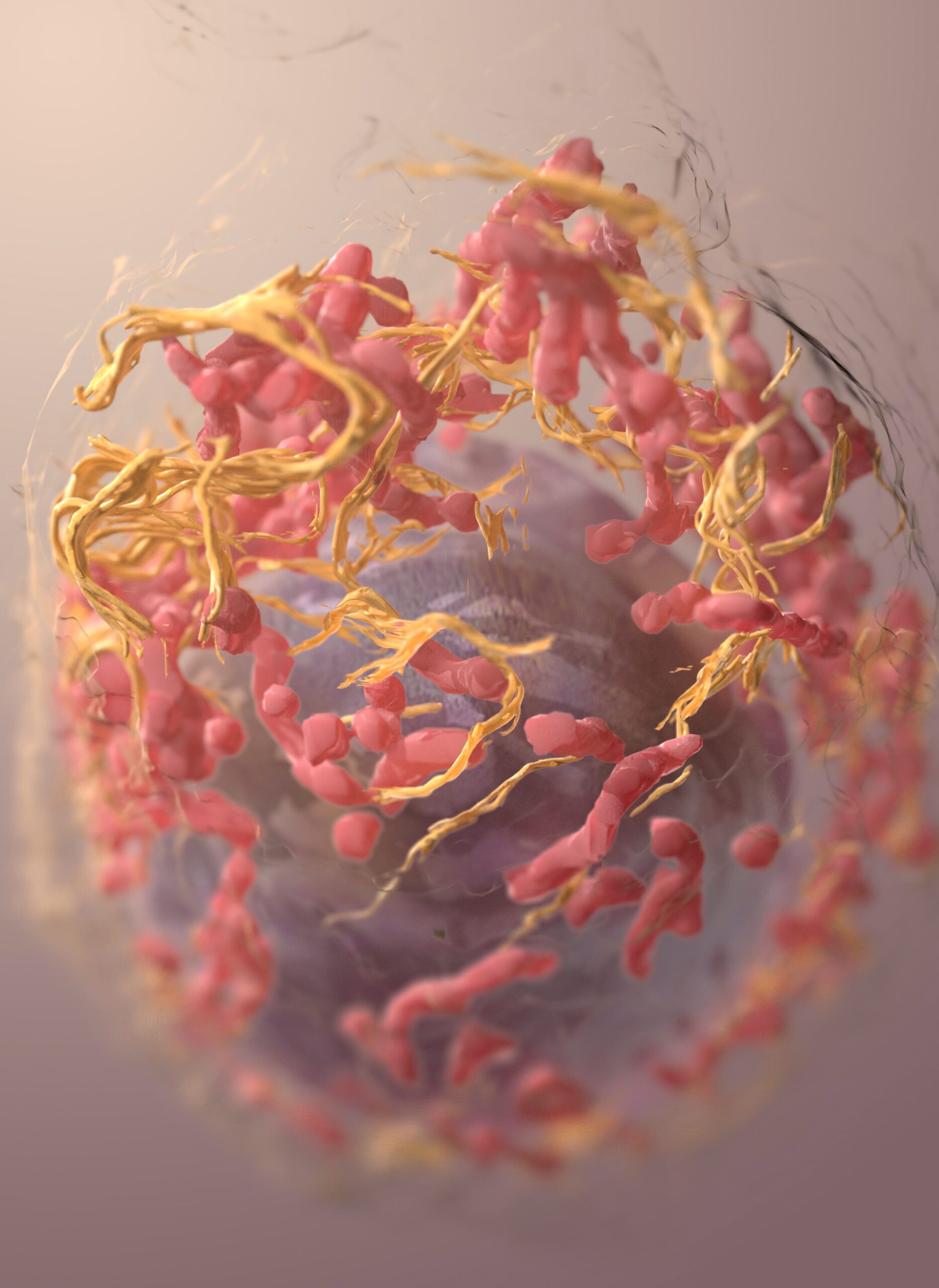
Understanding Cancer: Causes, Symptoms, and Prevention
Cancer, a formidable adversary in the realm of health, is a term that encompasses a multitude of diseases characterized by the uncontrolled division of abnormal cells, capable of infiltrating and destroying healthy body tissues. Regrettably, cancer stands as the second-leading cause of death globally. However, there is hope on the horizon, as survival rates continue to improve, thanks to advancements in cancer screening, treatment, and prevention.
Symptoms
The signs and symptoms of cancer vary depending on the affected part of the body. While cancer can manifest in countless ways, some general symptoms, though not exclusive to cancer, include:
1- Fatigue: A persistent feeling of exhaustion.
2 – Lumps or Thickening: An unusual lump or area of thickened tissue beneath the skin.
3 – Weight Changes: Unintended weight loss or gain.
4 – Skin Changes: Alterations in skin color, sores that don’t heal, or changes in moles.
Digestive Changes: Changes in bowel or bladder habits.
5 – Respiratory Issues: Persistent cough or difficulty breathing.
6 – Difficulty Swallowing: Problems with swallowing.
7 – Hoarseness: A persistent hoarse voice.
8 – Digestive Discomfort: Ongoing indigestion or discomfort after eating.
9 – Pain: Unexplained muscle or joint pain.
10 – Fever and Night Sweats: Persistent, unexplained fevers or night sweats.
11 – Bleeding and Bruising: Unexplained bleeding or bruising.

Causes
Cancer’s roots lie in mutations within the DNA of cells. DNA, which resides within cells, comprises numerous individual genes, each carrying instructions for the cell’s functions, growth, and division. Errors in these instructions can lead to cancerous changes in cells. Gene mutations in cancer primarily take three forms:
1 – Rapid Growth: Mutations that encourage cells to grow and divide rapidly, leading to an accumulation of mutated cells.
2 – Loss of Growth Control: Mutations that strip cells of their ability to regulate growth, causing uncontrolled cell division.
3 – DNA Repair Errors: Mutations in DNA repair genes that impede the cell’s ability to correct errors in its DNA, potentially making it cancerous.
Gene mutations can occur due to various factors:,
Inherited Mutations: Some individuals are born with genetic mutations inherited from their parents, accounting for a small percentage of cancers.
Acquired Mutations: Most mutations occur after birth and are not inherited. Factors like smoking, radiation, viruses, carcinogens, obesity, hormones, chronic inflammation, and a lack of exercise can contribute to these mutations.
Normal Cell Growth: Cells undergo mutations as part of their regular growth process, with a built-in mechanism to repair mistakes. Occasionally, mistakes evade repair and lead to cancer.
Interplay of Gene Mutations
The interplay of inherited and acquired gene mutations determines cancer risk. Inherited mutations may make an individual more susceptible to cancer when exposed to specific cancer-causing agents. The exact number of mutations required to initiate cancer remains uncertain, varying among cancer types.
